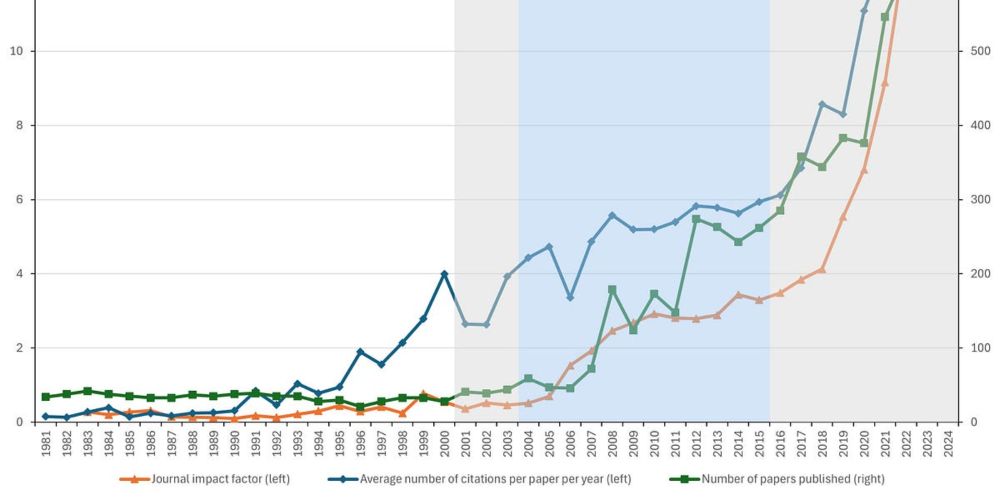Jörg Ankel-Peters
@jrgptrs.bsky.social
2K followers
280 following
180 posts
development & environmental economist. energy access, climate policy, research transparency, replication & meta-science. #FirstGen bit.ly/40e2aQj
Posts
Media
Videos
Starter Packs
Reposted by Jörg Ankel-Peters
Moritz Drupp
@moritzdrupp.bsky.social
· Sep 1
Reposted by Jörg Ankel-Peters
Reposted by Jörg Ankel-Peters
Reposted by Jörg Ankel-Peters
VoxDev
@voxdev.bsky.social
· 12d

Does subsidising cleaner cookstoves backfire? Lessons from Rwanda
Energy-efficient biomass cookstoves cut fuel use and, in Rwanda, do not trigger significant local rebound effects – consumption, fuel collection time, and prices remain largely unchanged for those not...
voxdev.org
Reposted by Jörg Ankel-Peters
Reposted by Jörg Ankel-Peters
Reposted by Jörg Ankel-Peters
Reposted by Jörg Ankel-Peters
Reposted by Jörg Ankel-Peters












